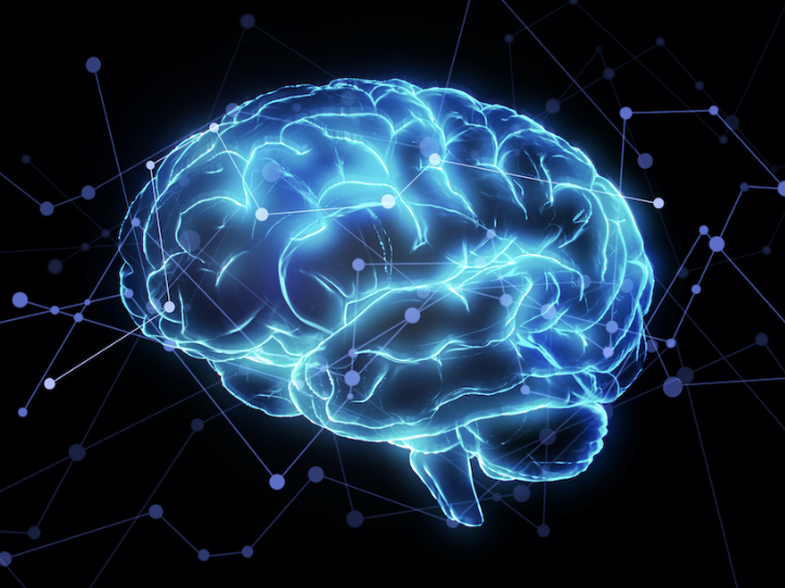
Imagine a world where you can't trust anyone. Every relationship, every collaboration, every transaction would be filled with doubt and uncertainty. Fortunately, our brains have developed sophisticated mechanisms for deciding when to trust and when to be cautious. But how does this process work?
Mechanisms of belief in our brain
Faith is not just a feeling; it is a complex process involving several parts of the brain and specific neurochemicals. One of the main influencers in this process is oxytocin, a hormone that is often called the "love hormone" because of its role in social bonds and feelings of closeness. When our brains release oxytocin, we feel a greater drive to trust others and cooperate with them.
Factors affecting trust in others
1. Past Experiences: Our past experiences play a big role in our decisions to believe or not. If we have had positive experiences with a person or situation, we are more likely to trust again.
2. Social signals: Body language, tone of voice, and facial expressions are all signals that our brains analyze to decide if someone is trustworthy.
3. Context: The situation and environment also influence our decisions to trust or not. In a familiar and safe environment, we are more inclined to trust.
Why is it important to have faith?
Trust is the foundation of healthy relationships and the functioning of society. It allows us to build strong connections, collaborate and create sustainable environments. Without trust, it would be difficult to build lasting relationships and have a fulfilling life.
Suggested Articles:





